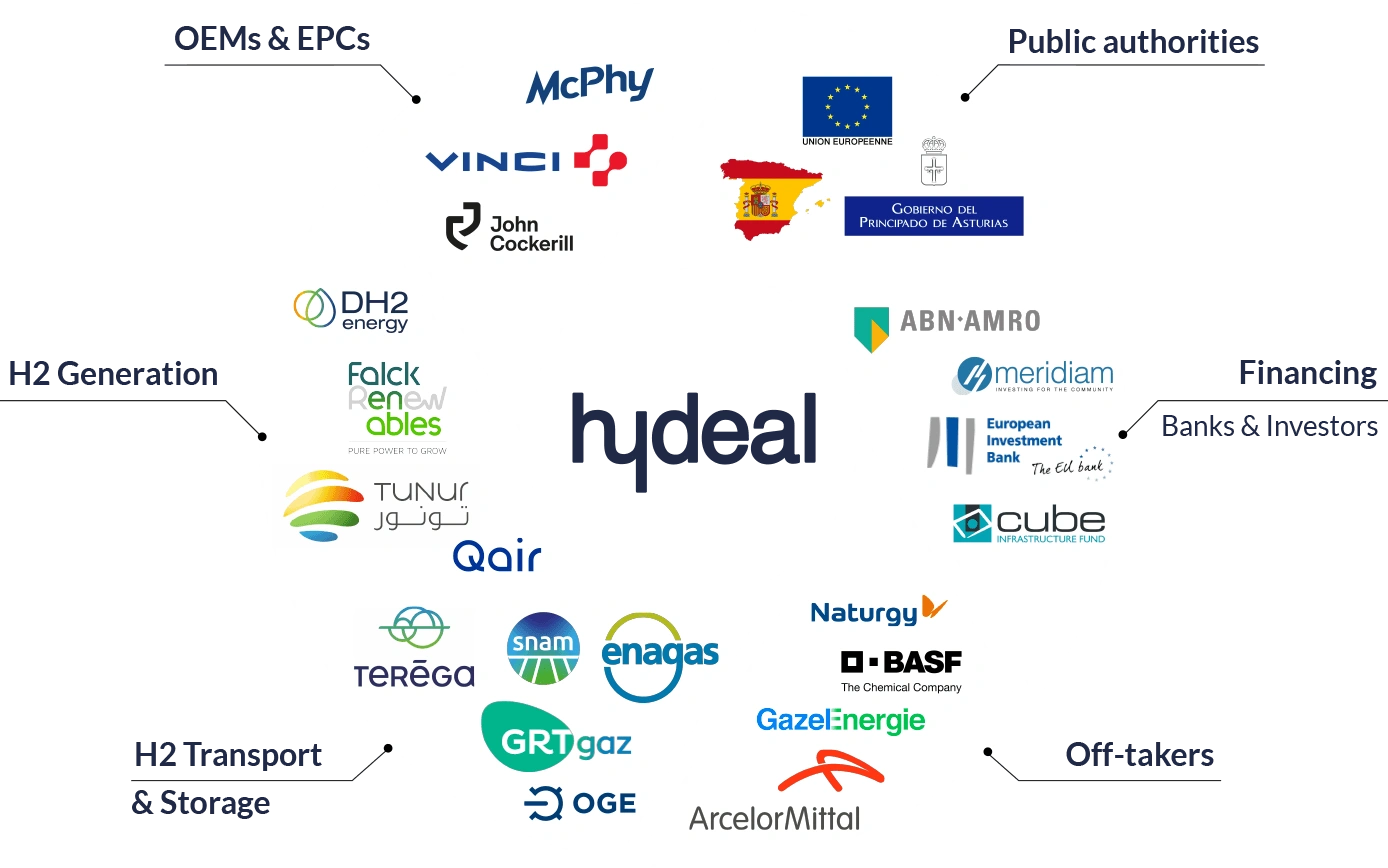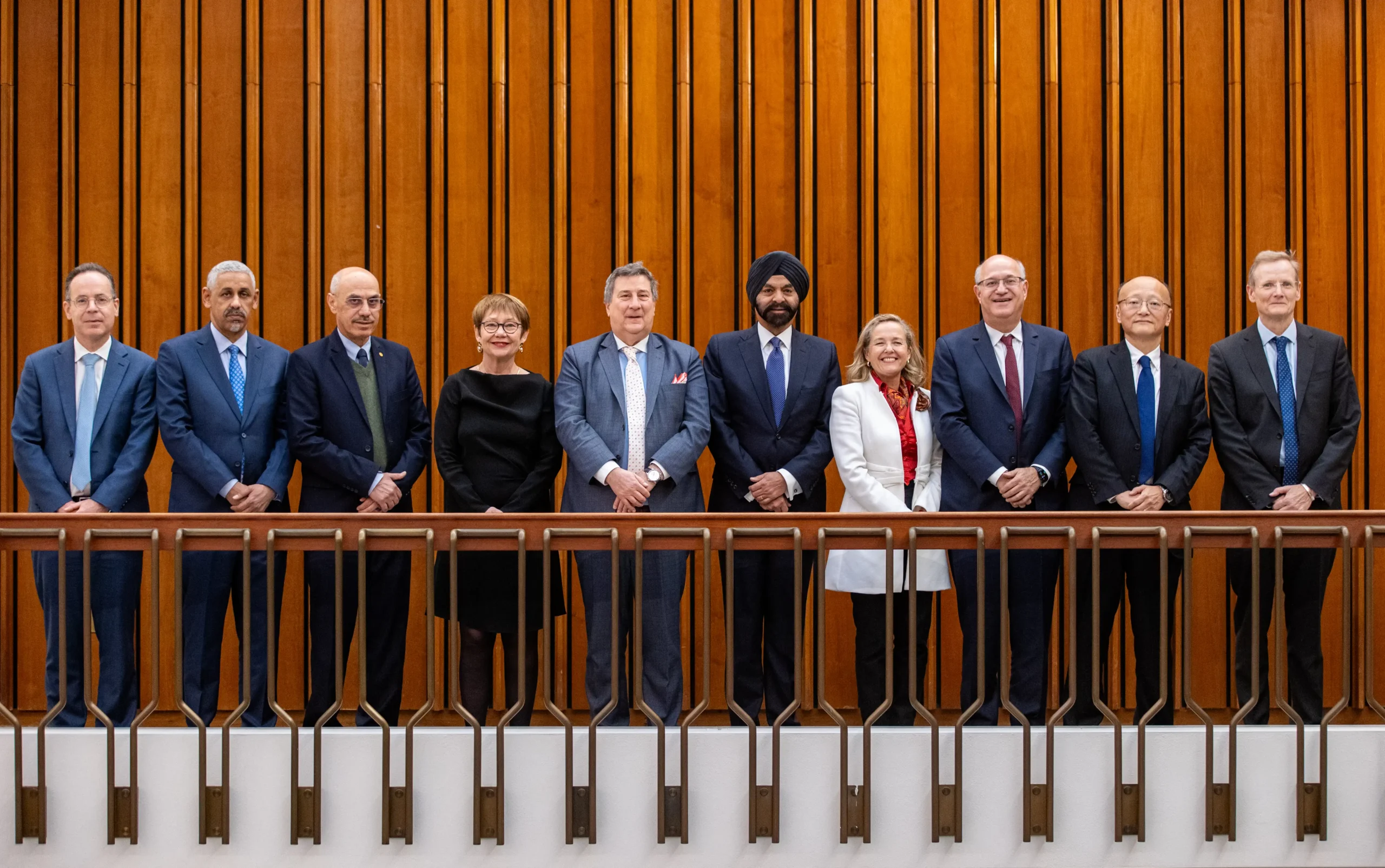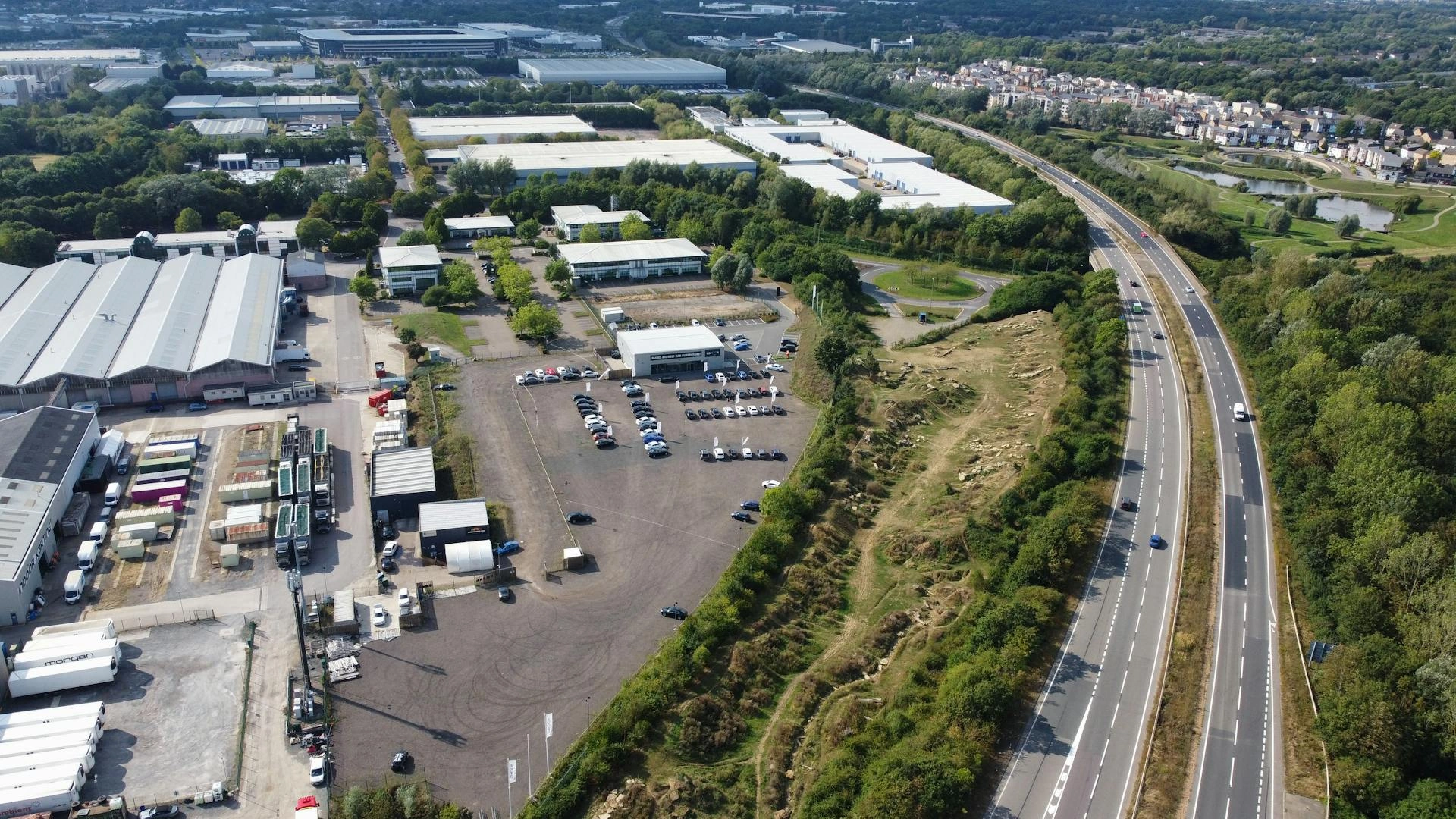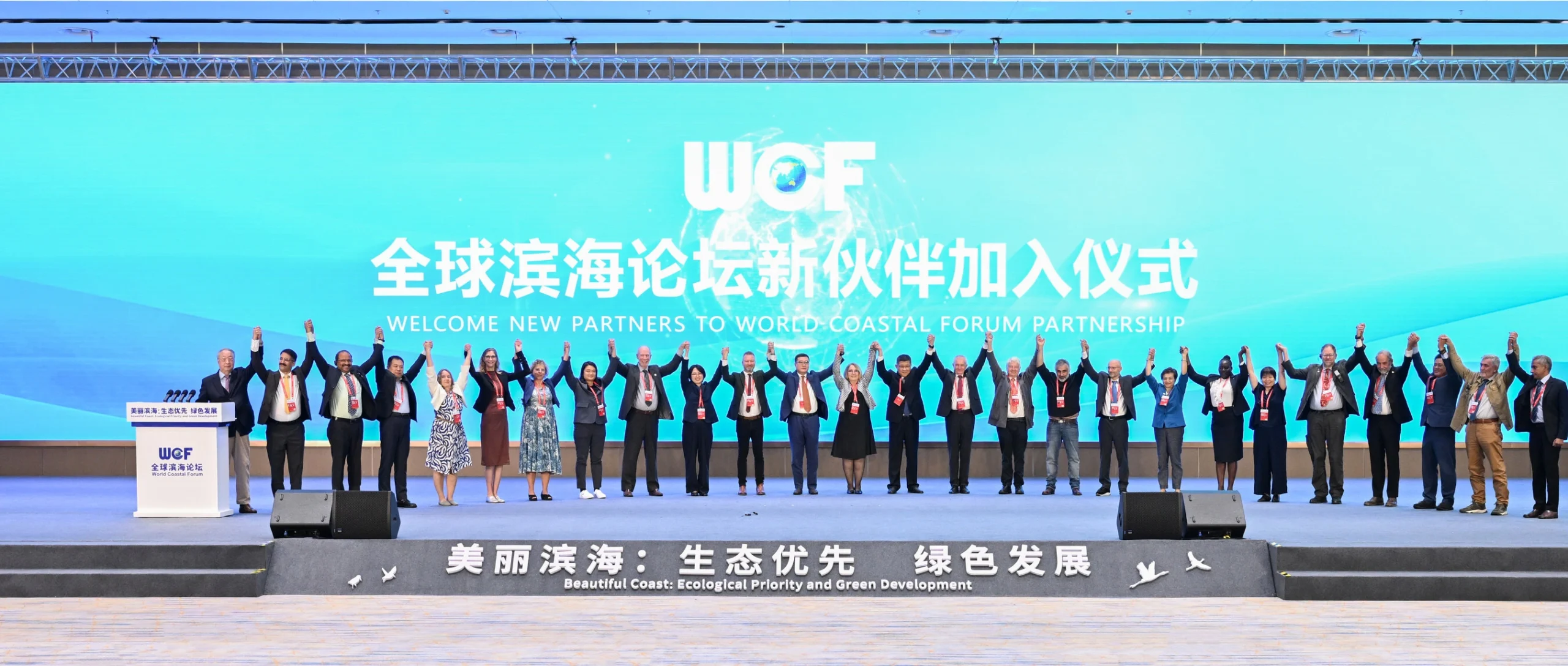Sustainability is now mission critical for businesses

John E. Kaye
- Published
- Home, Sustainability, Uncategorized

To truly mitigate the effects of climate change, organisations need to embed sustainability into their core operations, writes Ash Patel of Avieco
Sustainability first surfaced as a corporate measure a couple of decades ago. However, in most cases it did not consistently translate into tangible action and business leaders were sceptical about incorporating it into their core strategy.
The scepticism is subsiding. In its place, sustainability is now a management imperative, shifting corporate focus towards achieving tangible long-term viability, alongside organisational ROI. Sustainable management presents immense opportunities for organisations that seek to make a difference and thrive in these challenging times.
The drivers for action are increasing
Sustainability is key for driving both customer and wider stakeholder value. There is a growing demand from investors for companies to act on climate-related issues. This is so they can better identify risks and opportunities in the context of a range of possible future climate scenarios and can invest with confidence in organisations with a proactive approach to sustainability. Consumer expectations continue to evolve too, with an inevitable decrease in demand for products and business services that are harmful to the environment or don’t take battling climate change into consideration.
Workforces around the world are also placing greater emphasis on the need for action, and are increasingly holding employers to account over climate change responsibilities – not just in terms of how an organisation is aiming to be greener, but also regarding who it chooses to work with.
In the US, for example, law firms are under pressure from law students to stop representing businesses in the fossil fuels industry. Each younger generation places a greater importance on sustainability, therefore companies that don’t engage will soon find themselves struggling to attract talent.
Corporate interest in sustainable management is being driven primarily by the upside it offers to investors, consumers and corporations themselves. However, regulations are increasingly mandating climate-related action, with the UK having announced its intention to make TCFD-aligned disclosure mandatory by 2025.
The time to act is now
COP26 is almost upon us. The UK is about to take centre stage in global discussions on climate change policy. While the anticipation for governments and businesses to make ambitious pledges to net-zero was always strong, the expectation is now sky-high, as the Intergovernmental Panel on Climate Change’s latest report underlines.
With climate concerns becoming integral to everyday life, we have finally seen a step change from businesses and organisations. The UN has described it as the “Race to Zero” – a head-to-head on one of the most important issues of our time. Yet, when we see target dates of 2050 it feels more like a jog than a sprint. And this is emphasised in the IPCC’s 2021 report, where it is estimated that the climate will exceed 1.5°C target set out in The Paris Agreement, even in the lowest emissions scenarios, and as early as 2027 in the worst-case scenarios. When taking climate action, businesses and organisations can no longer afford to take the slow lane – adopting a position that exercises the minimum requirements, with basic regulatory compliance and minimum industry initiatives is no longer acceptable.
Jogging in the middle of the pack, with targets or a strategy in place and aiming to achieve them through enhanced Occupying a middle ground, with targets or a strategy in place and aiming to achieve them through enhanced disclosure and adhering to basic governance, is also not enough given the urgency of the current situation.
To become truly sustainable, businesses must take assertive action – transforming from the inside out to integrate sustainability into the core of the business. This corporate strategy may be more difficult, but will separate the organisations that thrive from those that may not last in the long-term.
No longer a choice
COP26 will be a chance for businesses to showcase their own readiness for the decarbonisation challenge and maximise the opportunities that the transformation will bring. The question for many is how they will make good on the promises they make. This will require setting goals, action-planning, monitoring, reporting and assurance. Any organisation that fails to honour their climate promises will be held accountable. Those that continue to do the minimum will suffer almost just as badly. However, those that act and transition towards a low carbon world will be rewarded with numerous advantages, including greater operational efficiencies, more resilient business models and supply chains, as well as the profits that derive from appealing to a growing market of sustainability-conscious customers. The world is watching. The time for action is now.
About Avieco
Avieco inspires and empowers organisations to become more sustainable. The firm works with global businesses, government departments and individual communities, to understand their sustainability challenges and create the solutions they need. Avieco’s mission is make sustainability more than just a word.
For further information:
RECENT ARTICLES
-
 Strong ESG records help firms take R&D global, study finds
Strong ESG records help firms take R&D global, study finds -
 How residence and citizenship programmes strengthen national resilience
How residence and citizenship programmes strengthen national resilience -
 Global leaders enter 2026 facing a defining climate choice
Global leaders enter 2026 facing a defining climate choice -
 EU sustainability rules drive digital compliance push in Uzbekistan ahead of export change
EU sustainability rules drive digital compliance push in Uzbekistan ahead of export change -
 China’s BYD overtakes Tesla as world’s largest electric car seller
China’s BYD overtakes Tesla as world’s largest electric car seller -
 UK education group signs agreement to operate UN training centre network hub
UK education group signs agreement to operate UN training centre network hub -
 Mycelium breakthrough shows there’s mush-room to grow in greener manufacturing
Mycelium breakthrough shows there’s mush-room to grow in greener manufacturing -
 Oxford to host new annual youth climate summit on UN World Environment Day
Oxford to host new annual youth climate summit on UN World Environment Day -
 Exclusive: Global United Nations delegates meet in London as GEDU sets out new cross-network sustainability plan
Exclusive: Global United Nations delegates meet in London as GEDU sets out new cross-network sustainability plan -
 Fast fashion brands ‘greenwash’ shoppers with guilt-easing claims, study warns
Fast fashion brands ‘greenwash’ shoppers with guilt-easing claims, study warns -
 Private sector set to overtake government as main driver of corporate sustainability in 2026, report suggests
Private sector set to overtake government as main driver of corporate sustainability in 2026, report suggests -
 Sir Trevor McDonald honoured at UWI London Benefit Dinner celebrating Caribbean achievement
Sir Trevor McDonald honoured at UWI London Benefit Dinner celebrating Caribbean achievement -
 Historic motorsport confronts its energy future
Historic motorsport confronts its energy future -
 Protecting the world’s wild places: Dr Catherine Barnard on how local partnerships drive global conservation
Protecting the world’s wild places: Dr Catherine Barnard on how local partnerships drive global conservation -
 Europe’s HyDeal eyes Africa for low-cost hydrogen link to Europe
Europe’s HyDeal eyes Africa for low-cost hydrogen link to Europe -
 Fabric of change
Fabric of change -
 Courage in an uncertain world: how fashion builds resilience now
Courage in an uncertain world: how fashion builds resilience now -
 UAE breaks ground on world’s first 24-hour renewable power plant
UAE breaks ground on world’s first 24-hour renewable power plant -
 China’s Yancheng sets a global benchmark for conservation and climate action
China’s Yancheng sets a global benchmark for conservation and climate action -
 Inside Iceland’s green biotechnology revolution
Inside Iceland’s green biotechnology revolution -
 Global development banks agree new priorities on finance, water security and private capital ahead of COP30
Global development banks agree new priorities on finance, water security and private capital ahead of COP30 -
 UK organisations show rising net zero ambition despite financial pressures, new survey finds
UK organisations show rising net zero ambition despite financial pressures, new survey finds -
 Gulf ESG efforts fail to link profit with sustainability, study shows
Gulf ESG efforts fail to link profit with sustainability, study shows -
 Redress and UN network call for fashion industry to meet sustainability goals
Redress and UN network call for fashion industry to meet sustainability goals -
 World Coastal Forum leaders warn of accelerating global ecosystem collapse
World Coastal Forum leaders warn of accelerating global ecosystem collapse



























